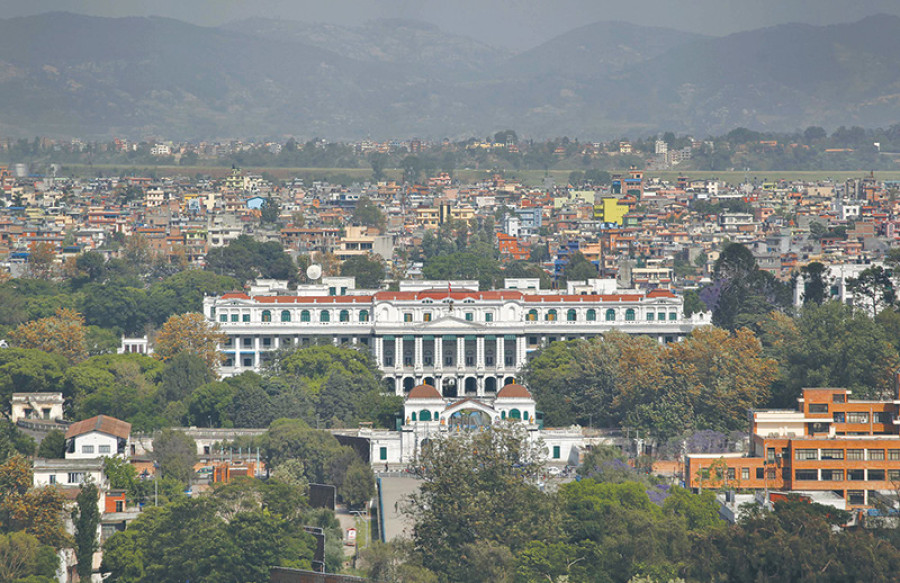Editorial
Break the deadlock
The political parties have squandered the opportunity given by the Supreme Court.
When the then Nepal Communist Party leaders Pushpa Kumar Dahal and Madhav Kumar Nepal fed laddoos to each other after the lower house was reinstated by the Supreme Court, it was hoped that they would help bring the parliamentary process back on track. The restoration of the House, the leaders had said, was exactly what was needed to save democracy. They had given hope that they would fight tooth and nail to save the parliamentary process. But Prime Minister KP Sharma Oli came back with sweet revenge as the top court effectively bifurcated the Nepal Communist Party, sending the squabbling trio to their respective old parties. By the time the lower house had finally reopened, it was already clear that the parliamentary process was going to become a zero-sum game.
And that is exactly what has happened in the past month since the lower house came back to business. The parliamentary process has resumed in principle, but it has failed to yield any substantial result towards propelling the country out of the current stalemate. A plethora of vested interests, rather than a genuine will to enhance the democratic process, has, thus, brought the democratic process to a grinding halt. The House has seen several meetings after it resumed its business, but it has little work to show as of today as the government is not keen on providing it with any business whatsoever. They have missed the opportunity given by the Supreme Court to undo the wrongs committed by Prime Minister Oli, and give a new lease of life to the democratic process in Parliament.
In fact, the government, having shed its primary responsibilities towards the people, is just keen on prolonging its life or going for an early election, and cannot think of letting others occupy centre stage. Prime Minister Oli is his browbeating self, as usual, challenging the Maoist Centre to withdraw its support to the government, all too aware that his former comrades are not in a position to do so. The opposition is its disoriented self as always, scrambling to make a sense of where exactly it should claim its space. One day it says it is willing to go for elections, and on the next day, it says it is ready to begin the process to form a new government. Notwithstanding its grandiloquence on the democratic process, the grand old party is as befuddled as ever when it comes to untangling the gridlock in the House.
In effect, the lower house has been rendered useless as the political parties have focused more on securing their petty political gains than bringing the parliamentary process back on track. The gridlock in the lower house has several severe consequences, ranging from a hamper in the passing of laws to the daily lives of the people. It is a different matter altogether that our governance system has always been so sluggish that a few glitches do not become apparent all the time. The government failed to present as many as eight bills in the lower house even as the Maoist Centre, the Nepali Congress, and the speaker of the House turned their eyes away from the parliamentary process.
The stalemate in the House of Representatives has already caused serious damage to the functioning of the very democratic process. The political parties have squandered the opportunity given by the Supreme Court by invalidating Prime Minister Oli's unconstitutional dissolution of the lower house. This deadlock must be broken and the political process provided with a definitive way out so that citizens get to feel the essence of democracy once again.




 27.41°C Kathmandu
27.41°C Kathmandu














